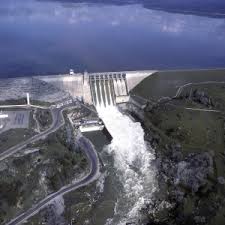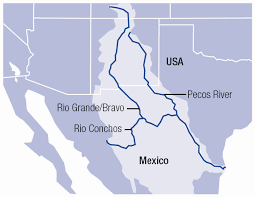How does 21% sound, which would be a 40% increase over the current 15% allocation declared by the Department of Water Resources? While “more is better”, Californians cannot rejoice. Due to the natural variability in precipitation, there is a 9% chance that the final SWP Allocation may be zero!
No, Hydrowonk is not using an Ouija board. Instead, these forecasts are based on a study of the historic record of SWP final allocations. This year’s version is slightly different than the model used last year to forecast SWP Final Allocations for 2014. Continue reading



